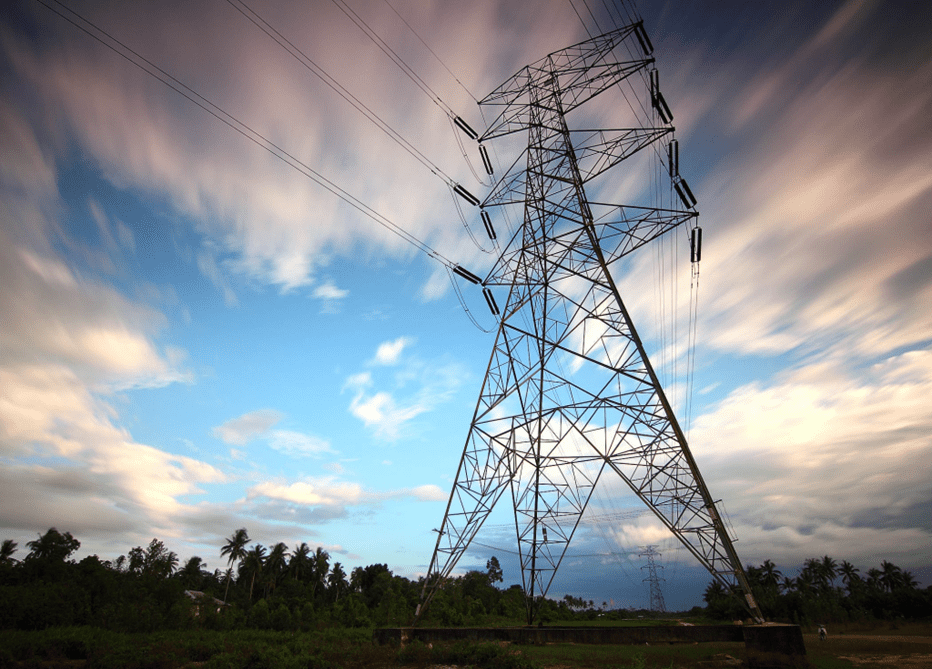With concerns about environmental sustainability and rising energy costs becoming more prevalent, controlling your energy demands and usage is prudent. Knowing how to manage and minimize your energy consumption is important. Fortunately, modern technologies have made it easy to monitor your energy usage. Below are a few approaches to regulating your energy demands and usage.
Energy Audit
Though often ignored, conducting an energy audit is very important. Auditing your energy usage is important as it gives you insightful information about your overall energy consumption. You can conduct the audit yourself or hire a professional. A basic energy audit essentially requires that you inspect your home to identify areas where energy goes to waste.
Your heating and cooling systems, water heaters, insulation, and other household installations are considered during the audit. Air leaks through doors or windows or insufficient insulation are avenues for energy loss. The auditor will also compare your current and previous energy bills to identify usage patterns. Comparing energy bills is an easier option, especially if you are using fixed Ambit energy electric rates.
Opt for Renewable Energy Sources
Switching to renewable energy sources helps control your energy usage in many ways. First, it reduces dependence on traditional energy sources, which aren’t environmentally friendly. Secondly, renewable energy technologies are very efficient and cost-effective. Renewable energy production is decentralized. This means individuals and businesses can generate their electricity on-site. This reduces transmission losses often associated with centralized power generation.
That aside, most sources of renewable energy produce electricity intermittently based on weather conditions. This means energy generated can be adjusted to meet the demand, reducing wastage.
Make Energy-Efficient Upgrades
Energy-efficient upgrades play an important role in controlling energy demand and usage. To begin, most modern upgrades consume less energy. For instance, upgrading your appliances and insulation directly lowers in-house energy demands and usage. Similarly, upgrading your lights by switching to LED bulbs for lighting purposes reduces electricity consumption.
Homeowners should also implement a smart energy management system to minimize wastage. Smart energy management systems, like sensors and programmable thermostats, allow for efficient energy use. These devices automate energy-saving habits and allow you to review your daily energy usage patterns. These insights empower homeowners to make informed decisions on how to further reduce their energy demands.
Monitor Usage
Monitoring your electricity usage is a direct way of regulating your energy demands and usage. Monitoring usage helps identify energy hotspots. These are devices or appliances that consume a lot of energy. Identifying such hotspots allows you to prioritize efforts toward reducing consumption by these devices.
You also get to track your energy usage trend over time. This will help you learn seasonal variations and peak demand periods for energy in your home. You’ll have an established baseline consumption level, allowing you to set energy reduction targets or goals.
Endnote
Controlling your energy demand and usage is a positive step towards a sustainable future. Embracing the tips above significantly reduces your energy demands. These strategies also reduce your negative impacts on the environment.





